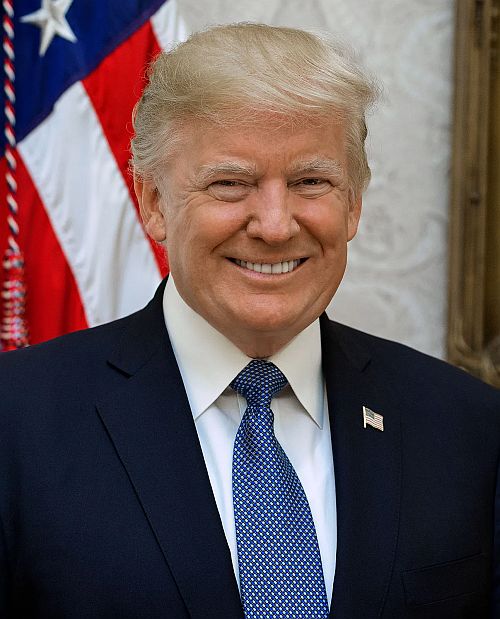Last Updated on March 16, 2025 by Bertrand Clarke
Amid growing federal investigations and funding cuts, universities across the country are facing unprecedented challenges as the Trump administration intensifies scrutiny on Diversity, Equity, and Inclusion (DEI) initiatives while probing allegations of antisemitic discrimination. The dual-pronged approach has left many institutions in a state of uncertainty, struggling to navigate a shifting political and financial landscape.
Ohio University alumni association board member Kim Barlag summed up the dilemma, telling The Wall Street Journal, “School officials are in an impossible situation, facing the unknown as to what may happen down the road.”
The Department of Education, under Secretary Linda McMahon, announced Monday that 60 universities are currently under investigation for alleged antisemitic discrimination and harassment. At the same time, the administration has moved to curtail DEI programs both in higher education and across federal agencies, prompting a wave of concern among educators, administrators, and students.
Funding Uncertainty Leaves Universities in Limbo
The policy shift has created immediate consequences. Several universities have responded by canceling alumni events, freezing hiring, and in some cases, retracting admissions offers due to budget uncertainties.
West Virginia University, for example, rescinded offers to incoming students in its Ph.D. pharmaceutical sciences program, citing potential funding shortfalls. “Our nation’s research universities cannot maintain research programs essential for continued national prosperity without continued funding from federal agencies,” WVU spokesperson April Kaull explained to The Wall Street Journal.
For students, the policy changes have had personal and career-altering impacts. Gracie Hines, a prospective Ph.D. student whose acceptance was revoked, described her disappointment, saying, “It felt like all the work I’ve put in these last few years was worth nothing. I was really heartbroken and sad about it.”
Professors Advise Caution for Doctoral Students
The uncertain landscape has prompted some professors to advise prospective Ph.D. candidates to reconsider pursuing advanced degrees altogether.
“It’s a wasted investment,” warned Harvard Medical School associate professor Joseph Arboleda-Velasquez, expressing concerns that funding instability could hinder students’ ability to complete their research or secure academic careers.
While research universities have long relied on federal funding for critical programs, experts worry that ongoing budgetary threats and policy changes could deter future scholars from entering academia at all. The ripple effect could diminish the country’s research output and global competitiveness in key scientific fields.
Administration Defends Investigations and Policy Changes
Despite concerns from university officials, Secretary of Education Linda McMahon has stood by the administration’s actions, emphasizing the government’s commitment to ensuring compliance with federal laws.
“U.S. colleges and universities benefit from enormous public investments funded by U.S. taxpayers. That support is a privilege and it is contingent on scrupulous adherence to federal antidiscrimination laws,” McMahon stated.
The administration has framed its DEI rollback as a move toward equal treatment rather than preferential policies. However, critics argue that defunding DEI initiatives could exacerbate systemic disparities in education and research opportunities, particularly for historically underrepresented groups.
What Comes Next?
As universities grapple with these rapid policy shifts, many are left wondering what the long-term implications will be. Some institutions are exploring alternative funding sources, while others are lobbying policymakers for clarity and support.
In the meantime, students, faculty, and administrators find themselves in an uncertain position, forced to make crucial academic and professional decisions amid a rapidly evolving educational landscape. With federal investigations ongoing and further policy changes likely, the future of higher education remains a contentious battleground in the political arena.










